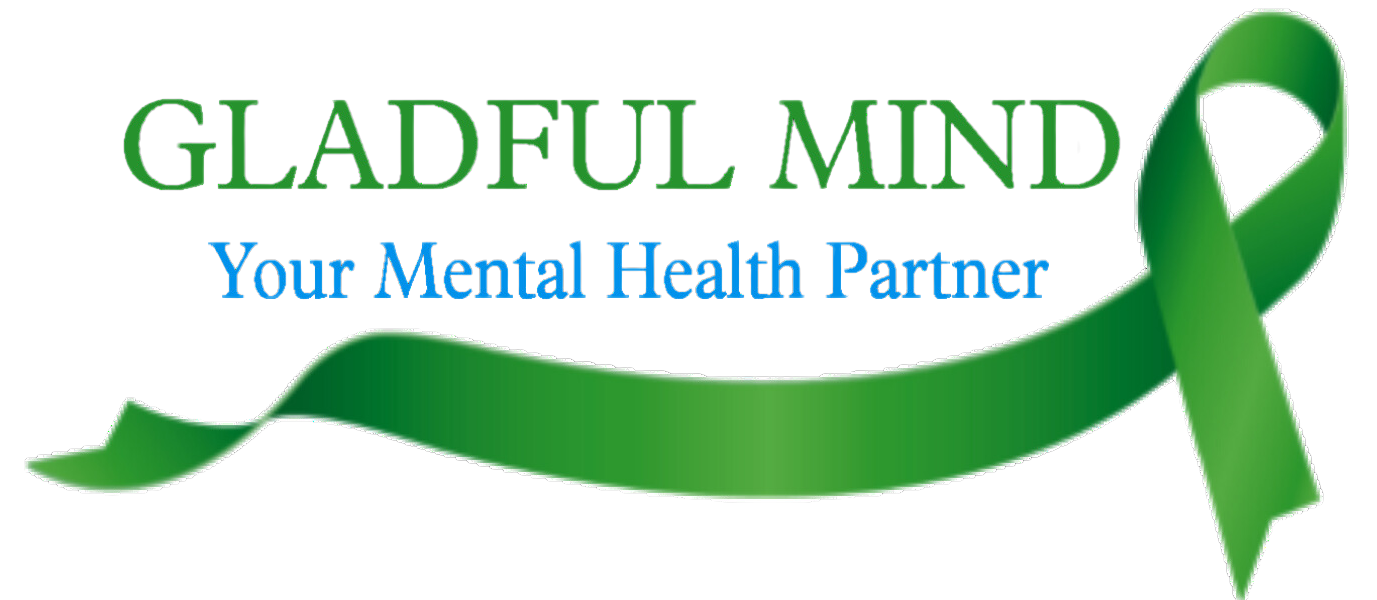Panic Attack
A panic attack is a sudden episode of intense fear that triggers severe physical reactions when there is no real danger or apparent cause. Panic attacks can be very frightening. When panic attacks occur, you might think you’re losing control, having a heart attack or even dying.
Many people have just one or two panic attacks in their lifetimes, and the problem goes away, perhaps when a stressful situation ends. But if you’ve had recurrent, unexpected panic attacks and spent long periods in constant fear of another attack, you may have a condition called panic disorder. Although panic attacks themselves aren’t life-threatening, they can be frightening and significantly affect your quality of life. But treatment can be very effective. Symptoms of panic disorder often start in the late teens or early adulthood and affect more women than men. Factors that may increase the risk of developing panic attacks or panic disorder include:
Family history of panic attacks or panic disorder, Major life stress, such as the death or serious illness of a loved one, A traumatic event, such as sexual assault or a serious accident, Major changes in your life, such as a divorce or the addition of a baby, Smoking or excessive caffeine intake, History of childhood physical or sexual abuse, Panic attacks typically begin suddenly, without warning. They can strike at any time — when you’re driving a car, at the mall, sound asleep or in the middle of a business meeting. You may have occasional panic attacks, or they may occur frequently. Panic attacks have many variations, but symptoms usually peak within minutes. You may feel fatigued and worn out after a panic attack subsides.
Panic attacks typically include some of these signs or symptoms:
Sense of impending doom or danger, Fear of loss of control or death, Rapid, pounding heart rate, Sweating, Trembling or shaking, Shortness of breath or tightness in your throat, Chills, Hot flashes, Nausea, Abdominal cramping, Chest pain, Headache, Dizziness, light-headedness or faintness, Numbness or tingling sensation, Feeling of unreality or detachment. One of the worst things about panic attacks is the intense fear that you'll have another one. You may fear having panic attacks so much that you avoid certain situations where they may occur. Left untreated, panic attacks and panic disorder can affect almost every area of your life. You may be so afraid of having more panic attacks that you live in a constant state of fear, ruining your quality of life. Complications that panic attacks may cause or be linked to include:
Development of specific phobias, such as fear of driving or leaving your home. Frequent medical care for health concerns and other medical conditions, Avoidance of social, Situations, Problems at work or school, Depression, Anxiety disorders and other psychiatric disorders, Increased risk of suicide or suicidal thoughts, Alcohol or other substance misuse, Financial problems
For some people, panic disorder may include agoraphobia — avoiding places or situations that cause you anxiety because you fear being unable to escape or get help if you have a panic attack. Or you may become reliant on others to be with you in order to leave your home.
Treatment
While, panic attacks intensely uncomfortable, are not dangerous. But panic attacks are hard to manage on your own, and they may get worse without treatment. Get treatment for panic attacks as soon as possible to help stop them from getting worse or becoming more frequent. Panic attacks can be cured permanently with the right guidance. medication is not a permanent solution to any mental illness. Gladful Mind provides clients suffering from Panic attacks with the treatment they need to recover and regain long-lasting mental health and freedom from Panic attacks. We treat panic attacks using evidence-based, natural methods without medications which is very effective in completely curing long term mental illness.
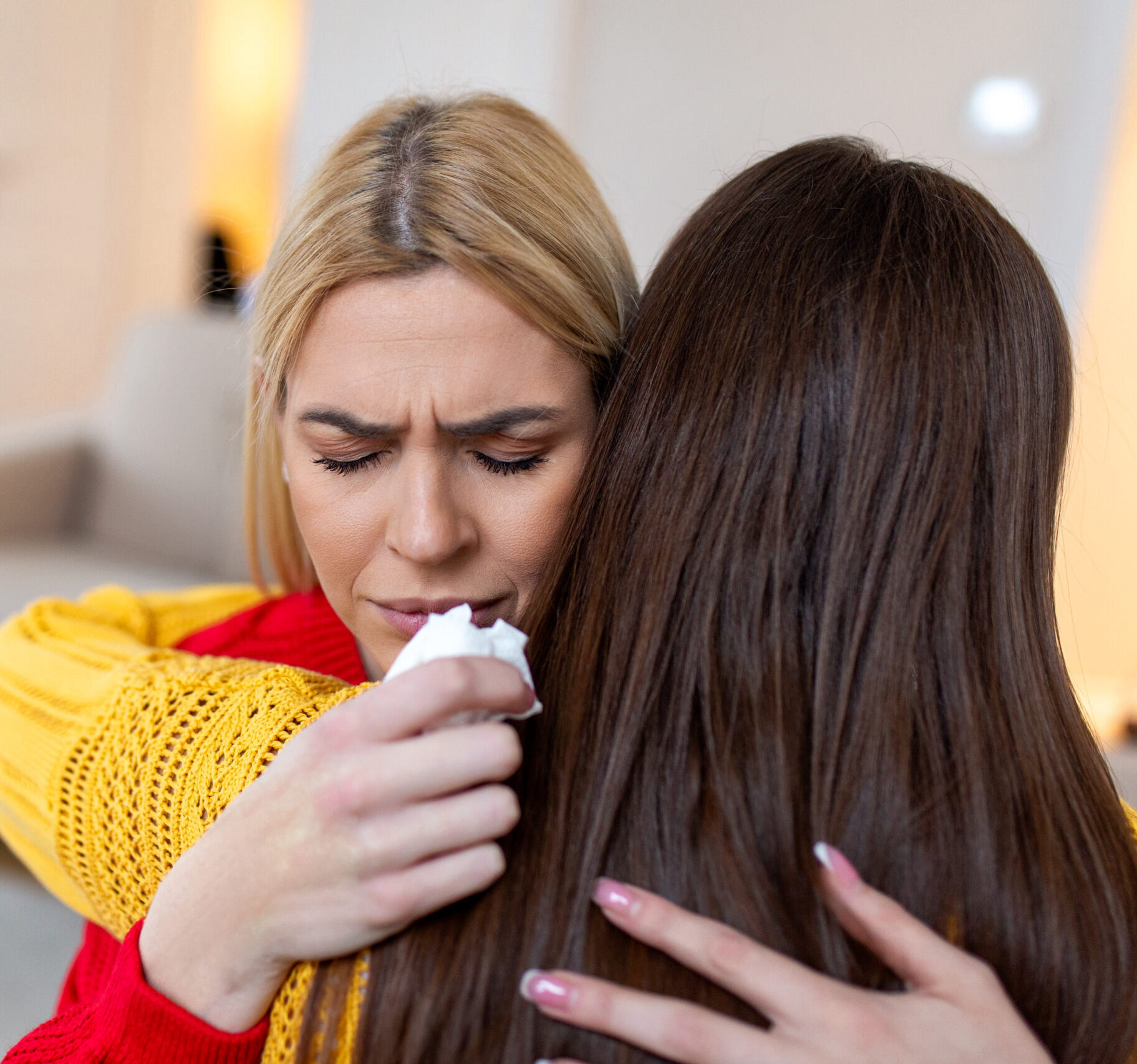
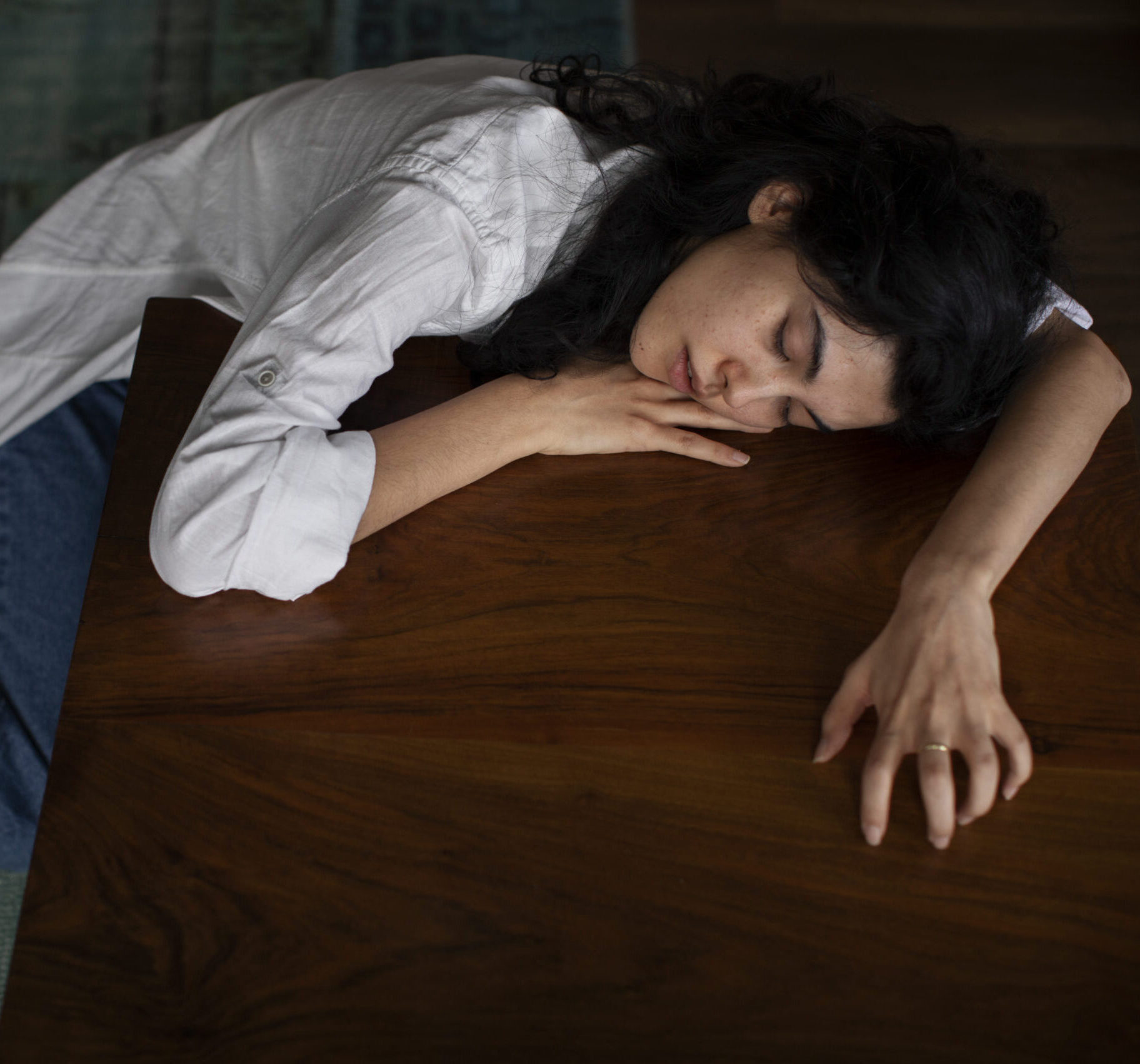
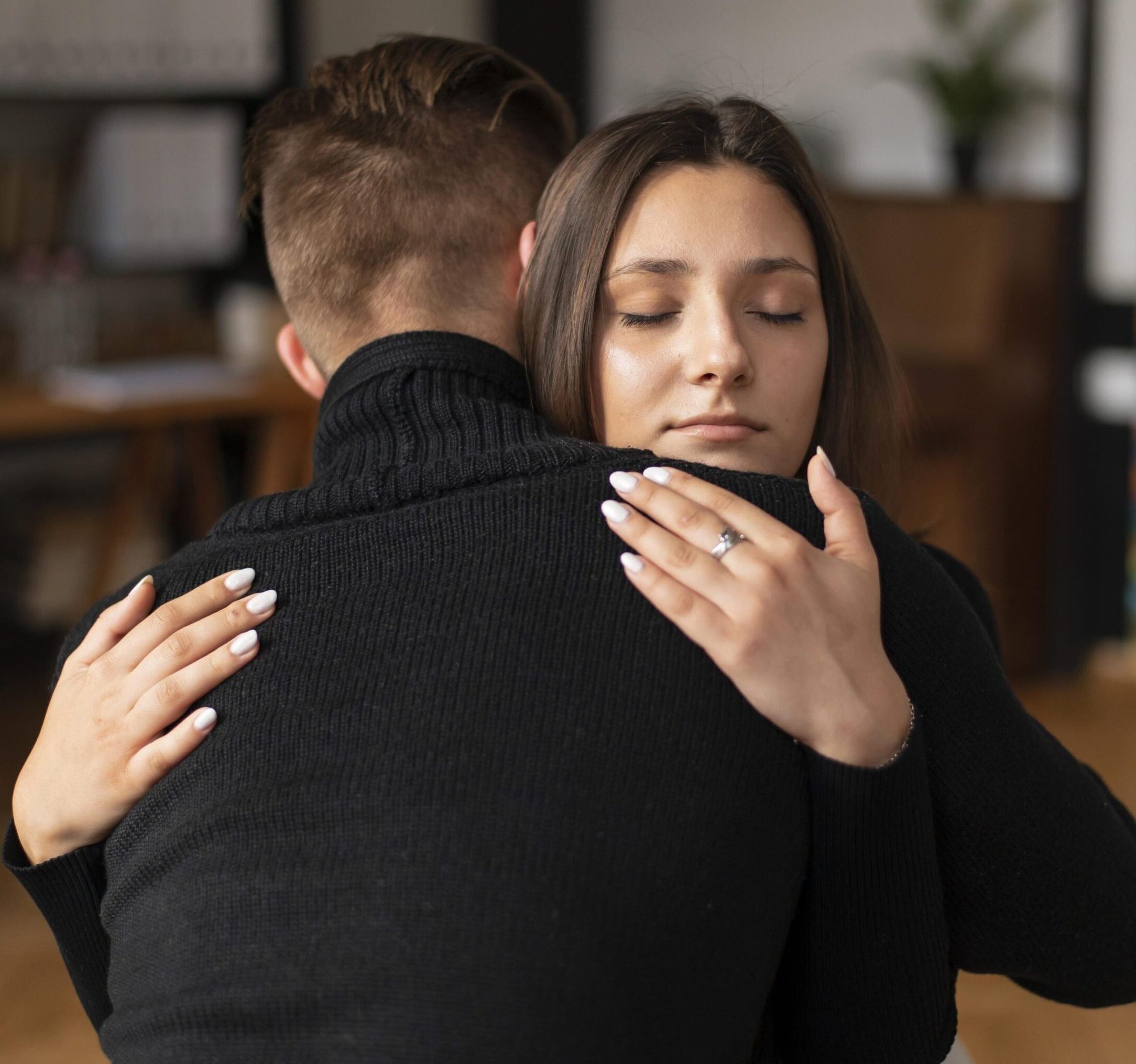
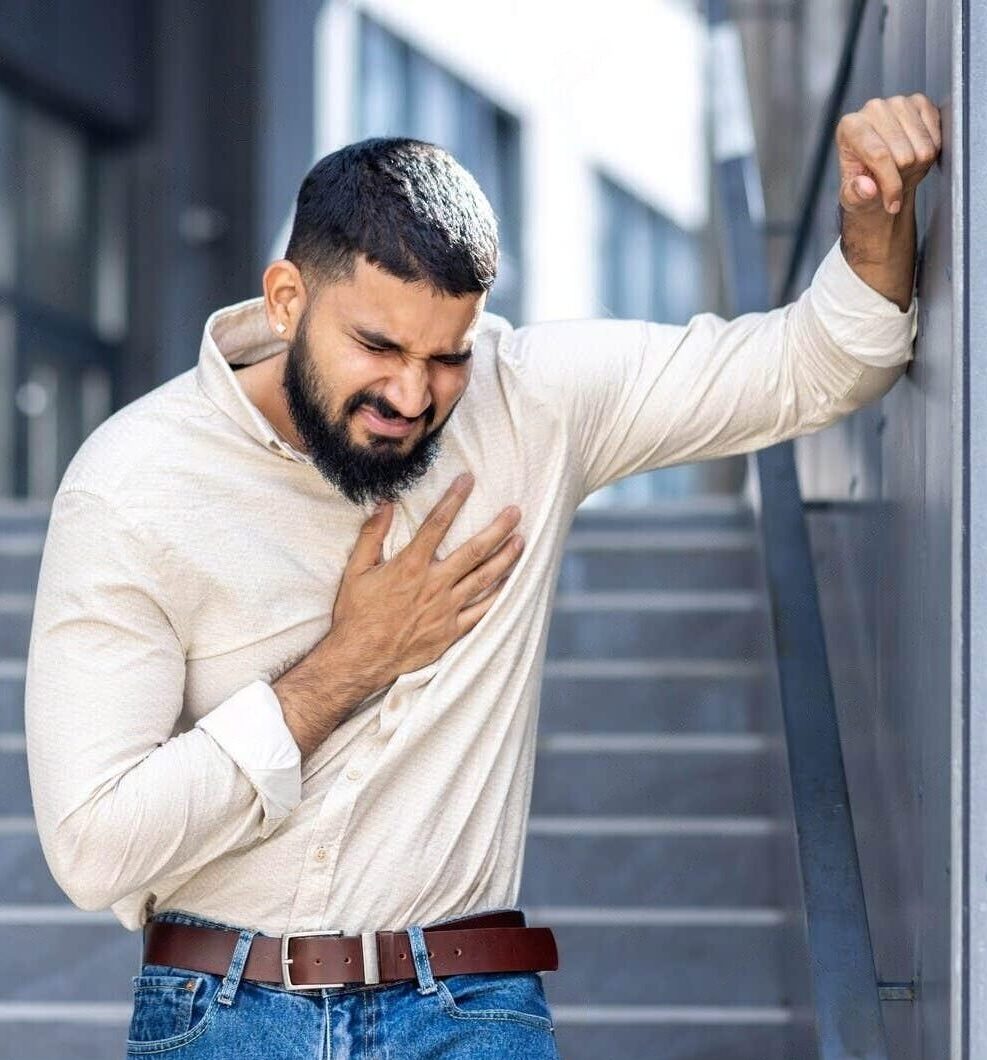
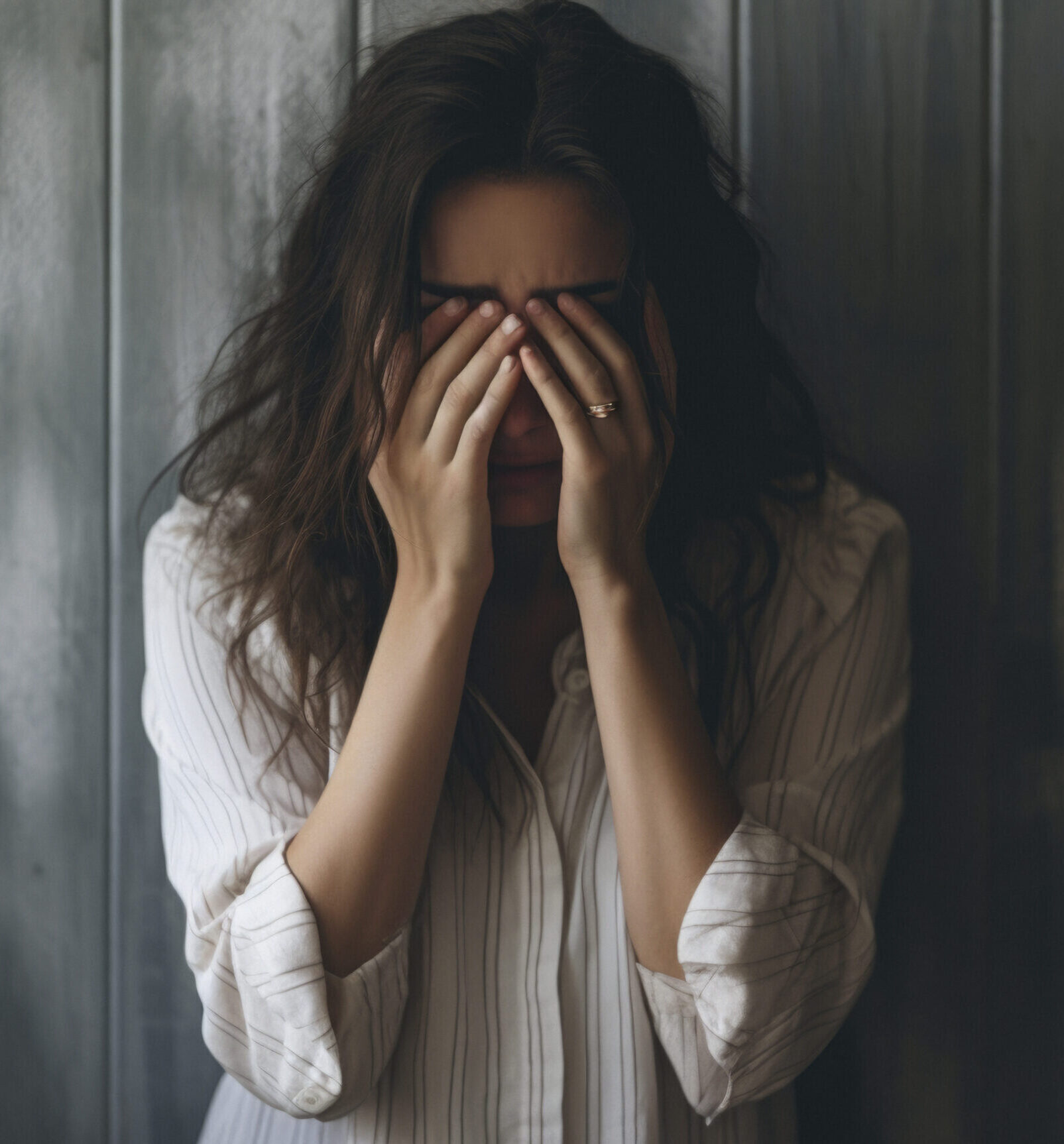
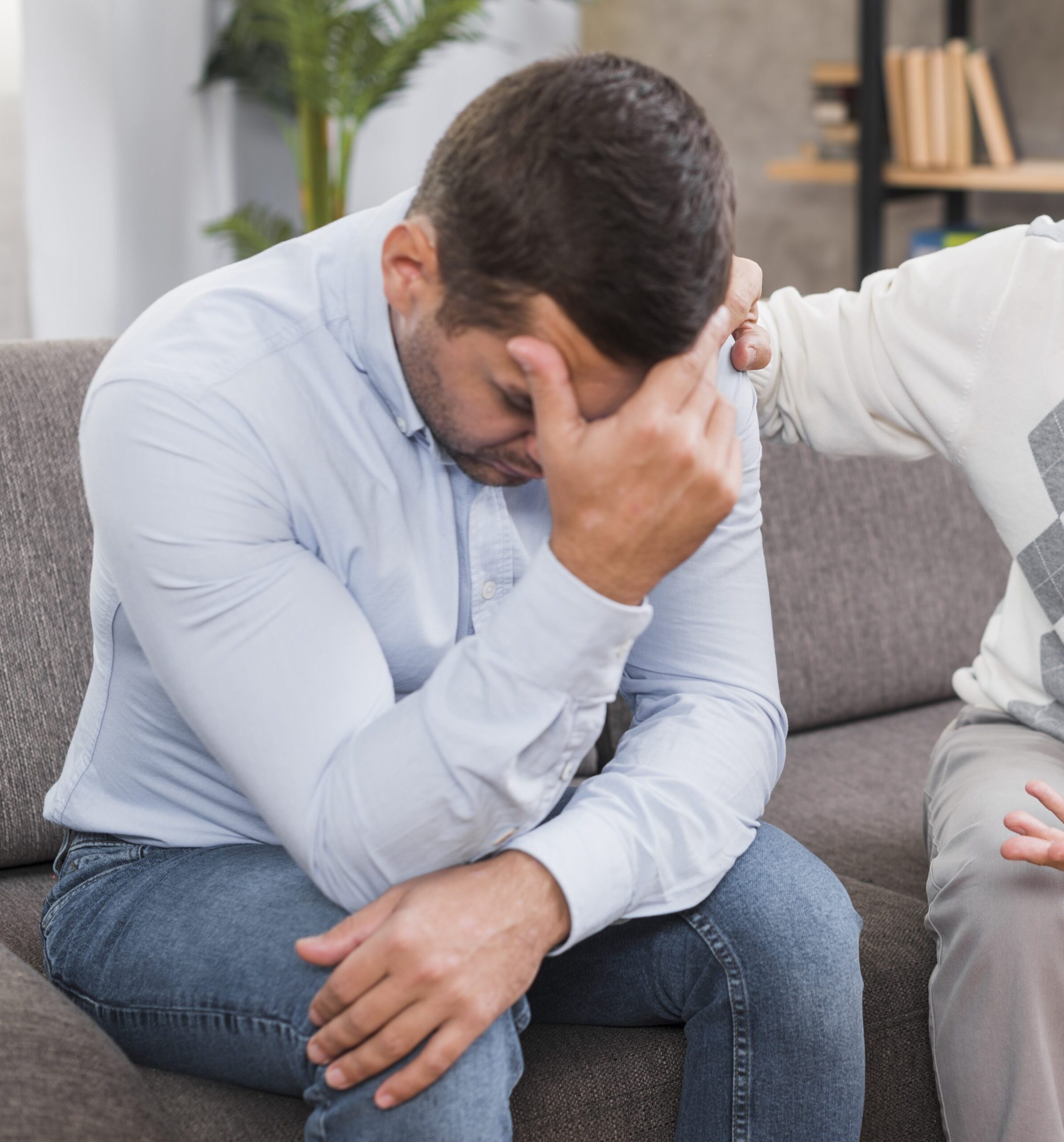

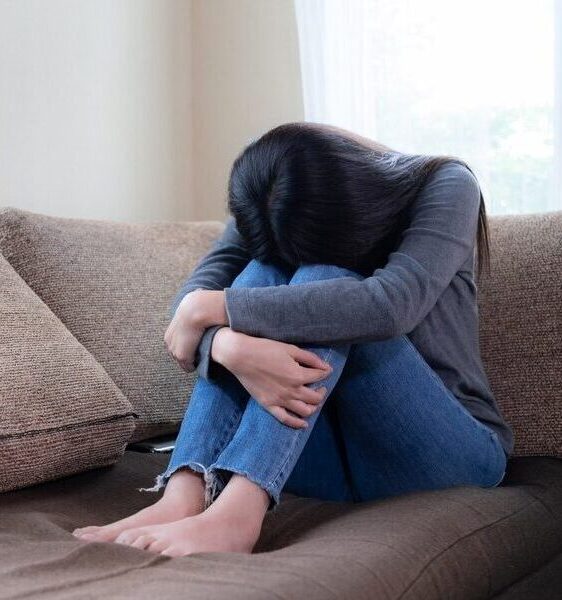
FAQs
Panic attacks can vary in duration, but typically they last anywhere from 5 to 20 minutes. However, in some cases, they can persist for up to an hour or even longer.
The duration of a panic attack can depend on several factors, such as:
- Severity of the attack
- Individual's response to the attack
- Presence of any underlying medical conditions
- Effectiveness of coping mechanisms
It's important to note that panic attacks can be very distressing and may feel like they last much longer than they actually do. If you experience frequent or severe panic attacks, it's essential to seek help from a Gladful Mind's mental health professional.
According to one study, panic disorder (PD) affects 0.5% of the Indian population over their lifetime and 0.3% at any given time. However, another source says that one in 10 adults in India experiences panic attacks each year, and about a third of people experience them in their lifetime.
If someone you know is having a panic attack, you can do the following to help them:
Stay with them and remain calm.
Ask them what they need.
Speak to them in short, simple sentences.
Help them focus on the present.
Help them practice deep breathing by slowly counting to five for each inhale and exhale.
Gently and confidently reassure them that they’re safe and that the attack is temporary.
The main difference is that certain stressors often trigger anxiety attacks, and they may build up gradually. In contrast, panic attacks typically happen unexpectedly and suddenly.
Anxiety often causes physical symptoms, such as a racing heart or knots in your stomach. But these symptoms are generally less intense and last longer than a panic attack, which has very intense but brief symptoms.
It is difficult to prevent panic attacks without treatment. If you experience panic attacks, seek help from the mental health professional at Gladful Mind.
You can also take these actions to lower your risk of having a panic attack:
Avoid caffeine, alcohol and smoking. These can make panic attacks worse.
Exercise regularly to help you manage stress, relieve tension and boost your mood.
Eat a healthy diet.
Manage stress in healthy ways.
Tack care your mental health
Some panic attacks have signs that can resemble a physical problem, like a heart attack. If you have chest pain, trouble breathing or lose consciousness, seek emergency medical care.
You should call your mental healthcare provider if you have panic attacks and experience:
Chronic (long-lasting) anxiety that interferes with daily life.
Difficulty concentrating.
Extreme irritability.
Fear of leaving your home (agoraphobia).
Panic attack symptoms that last longer than 15 minutes.
Sleep problems.
Clients reviews
Thank you for choosing Gladful Mind mental health center. Let's take the first step towards a happier, healthier mind together!

